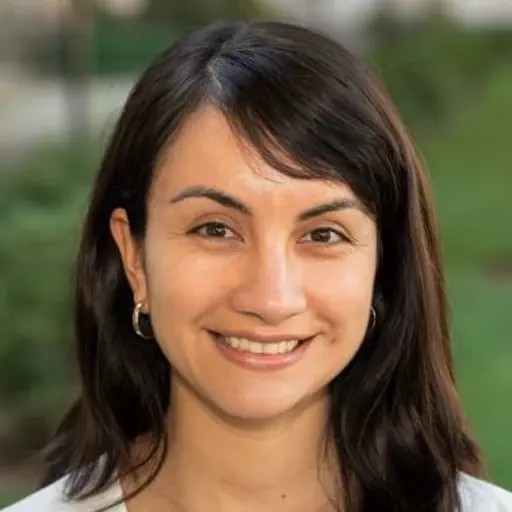This theme focuses on how to make use of structure in data to build machine learning (ML) and artificial intelligence (AI) systems which are safer, more trustworthy and generalize better. Structure includes the relationship between data, in time and space, and how the predictions change when data is transformed in specific ways, for example rotated or scaled. These topics are abstract and general but have a direct impact on the use of AI and ML in the sciences and in applications such as drugs and materials design, or medical imaging.

The use of structure is not new in AI and ML. In computer vision/image analysis and in natural language processing – the fields that have led to models such as Dall-E and ChatGPT – structure is extensively exploited. The data we measure as part of the scientific process is subject to constraints imposed by the laws of our physical world. Using this structure is a significant opportunity for us to build machine learning and AI systems which can accelerate scientific discovery and clinical decision-making.
The theme focuses on two broad areas.
First, theoretical aspects where we focus on generalization and uncertainty quantification: How can we ensure that our system rely on new data? Are our systems aware of their own ignorance?
Second, how can these new methods be deployed to solve scientific problems? Can we design new drugs or materials? Can we detect new emergent physical or biological phenomena? Can we speed up simulations?
In this theme we aim to mobilize an interdisciplinary team of researchers at Chalmers to engage in these topics to bridge theory and application with international collaborators. The main aims of the theme is to stimulate the development of new methods and the deployment of these methods towards specific applications in the sciences.
Events 2023
Events 2024
- Proteins under the computational microscope: from machine learning to molecular simulations (Opens in new tab)
- Kernel methods for Koopman-based modeling in molecular simulation (Opens in new tab)
- Generative machine learning to model cellular perturbations (Opens in new tab)
- Simulations and machine learning for molecular design and reactivity (Opens in new tab)
- Exploiting artificial intelligence in synthesis planning (Opens in new tab)
- Predicting interaction partners and generating new protein sequences using protein language models
- AI Structured Learning 2024 Workshop (Opens in new tab)
- Merging physics-based simulations and machine learning to predict rare molecular conformations and find them in experimental data
Events 2025
- Free-energy Calculations from Neural Thermodynamic Integration
- Explaining and controlling turbulent flows through deep learning
- Controlling Diffusion Models at Inference Time
- How data-driven studies translate into chemical and physical principles
- Multiscale Modeling with Machine Learning Potentials
- AI Structured Learning 2025 Workshop
Theme leaders

- Assistant Professor, Data Science and AI, Computer Science and Engineering

- Associate Professor, Data Science and AI, Computer Science and Engineering

- Full Professor, Applied Mathematics and Statistics, Mathematical Sciences

- Assistant Professor, Applied Mathematics and Statistics, Mathematical Sciences

- Senior Lecturer, Applied Mathematics and Statistics, Mathematical Sciences
